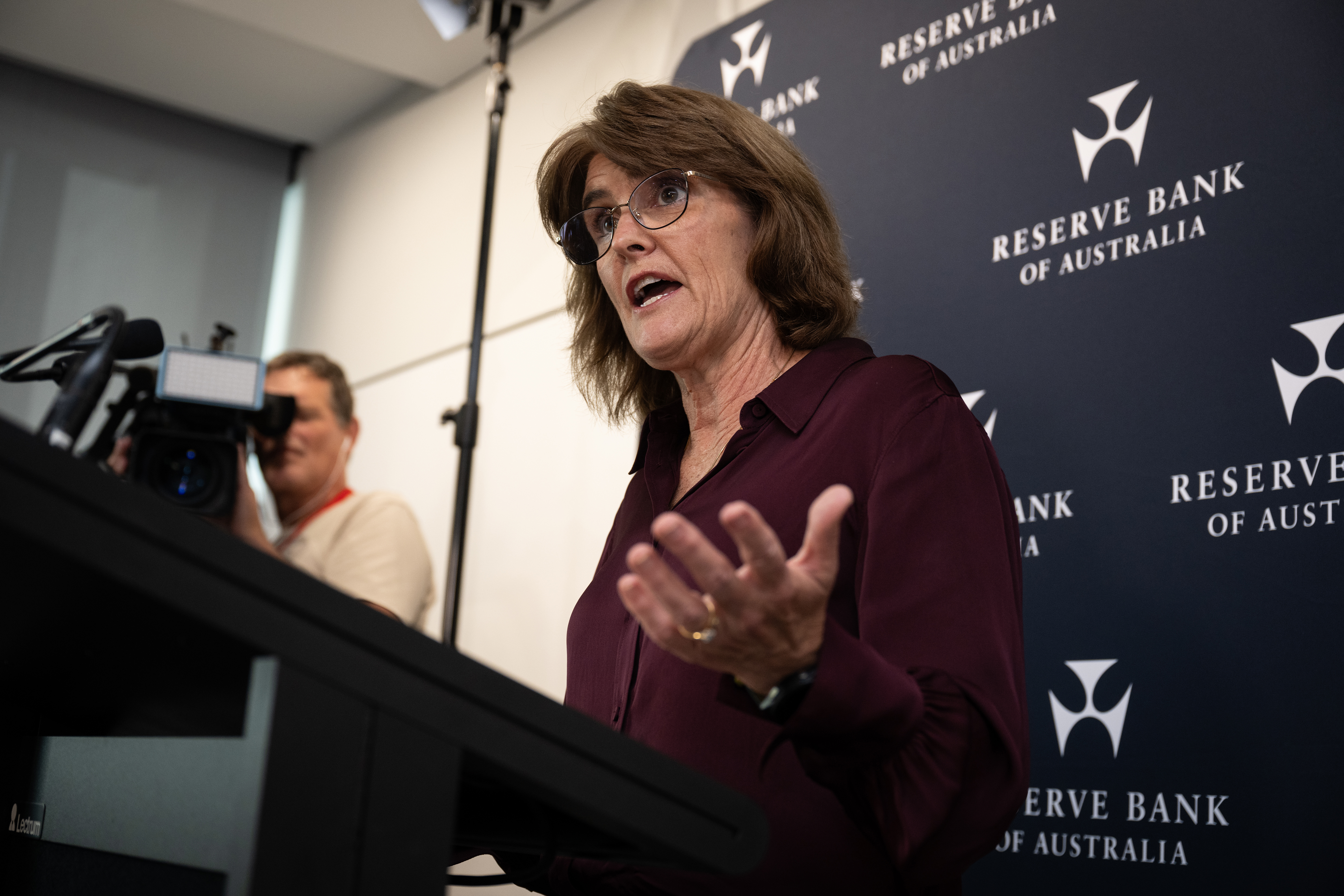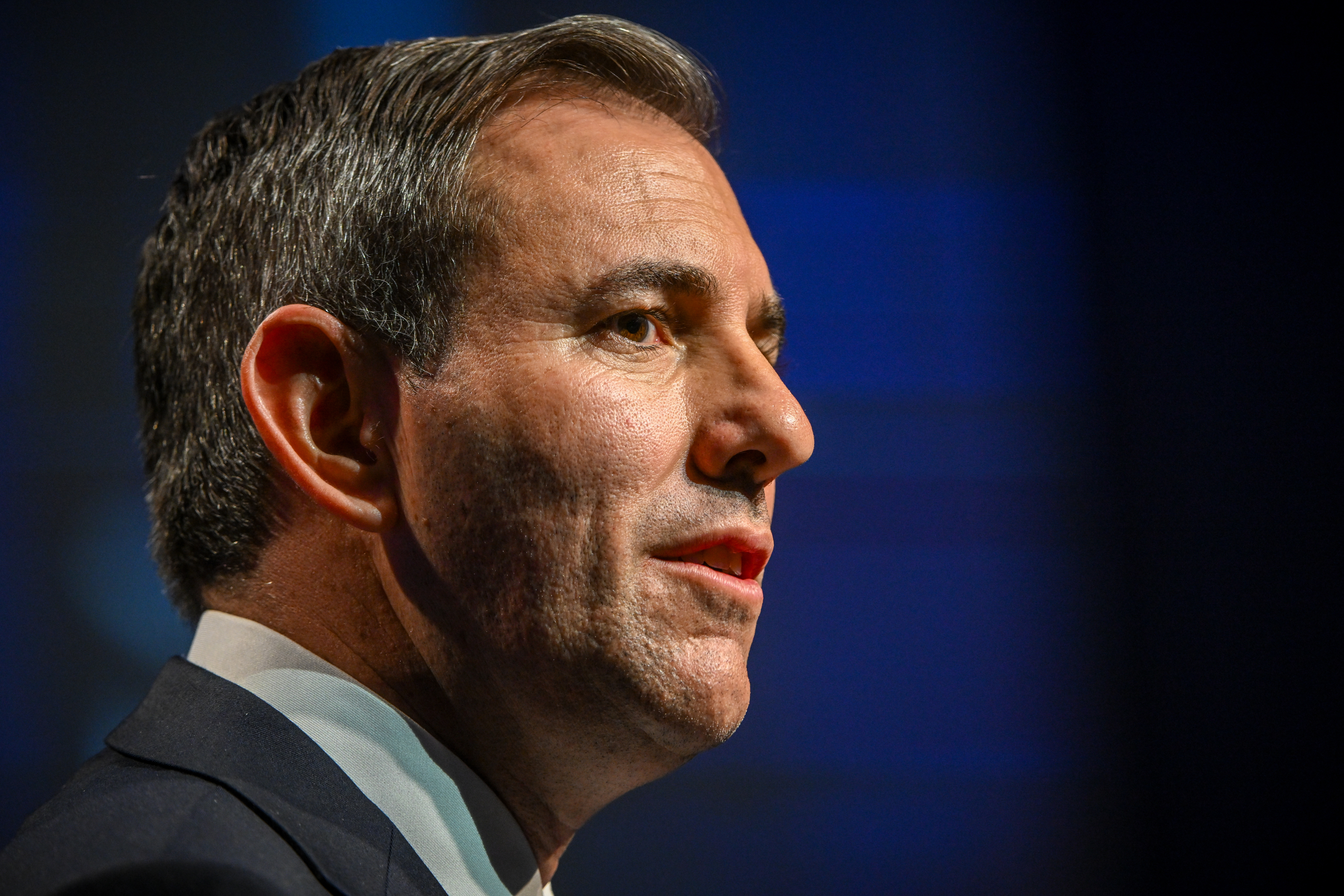The federal budget will bring down inflation far faster than anyone expects, but it won't do anything to reduce interest rates.
While Treasury says the consumer price index (CPI) is due to come back under 3 per cent by the end of the year and drop another half a per cent in 2025 on the back of $300 in energy relief for every household, medicine price restraints and increased rent assistance, there's no interest rate flow-on expected.
That doesn't seem to make much sense, but it's nonetheless there, inked in black and white into the budget papers.
ANALYSIS: RBA governor is the real audience for this year's budget
ENERGY BILL RELIEF: $300 for every household, $325 for small businesses
RATE CUTS?: Single sentence spells bad news for mortgage holders
"The cash rate is assumed to gradually ease from around the middle of 2025 to reach 3.6 per cent by the middle of 2026," they state.
Conventional wisdom says inflation and rates go hand in hand – the RBA uses hikes to bring high CPI under control, moderates them once inflation is back in the 2-3 per cent target range, and then turns to lower rates when spending needs a boost.
Treasurer Jim Chalmers mentioned that relationship today, telling the National Press Club that cost-of-living relief will "also help keep inflation expectations anchored, which means we are supporting monetary policy".
So why the difference in the budget?
Much as Reserve Bank Governor Michele Bullock is Chalmers' intended audience, as 9News National Affairs Editor Andrew Probyn wrote last night, she and her board are likely to take a longer-term look beyond a one-year, $300 sugar-hit.
TWO-MINUTE GUIDE: What's in the federal budget
WINNERS AND LOSERS: Who benefits and who's hard done by?
READ MORE: Wealthiest Australians could benefit most from $300 energy bill relief
"Even if these measures do help to bring inflation down to within striking distance of the 2-3 per cent target band by the end of 2024, the RBA is unlikely to view this as enough to start cutting the cash rate," CreditorWatch chief economist Anneke Thompson said.
"The RBA will look through these short-term impacts, much like they do with volatile items like fuel and fruit and vegetables."
That's a view fellow economists share.
"Given the RBA looks at the trim measure of inflation, the changes to electricity bills probably won't have much impact on the RBA's decision-making process," Dr Susan Stone from the University of South Australia said.
THE KEY FIGURES: The graphs that tell the story of the federal budget
READ MORE: Bowel cancer screening age lowered amid surge in young onset cases
COST OF LIVING EXPLAINER: Everything in the budget to help the cost of living
For his part, Chalmers has played the straightest of bats to questions about the budget's rates prediction.
"It's a good opportunity to remind everyone that the interest rate assumptions in the budget are just informed by the Bloomberg survey of market economists," he said when asked if he agreed that the first rate cut won't come for another 12 months.
"The Treasury has to make an assessment… an assumption about the future trajectory of interest rates.
"The fairest most appropriate way to do that is to let the survey of market economists inform that."
Not that there's much political harm in what appears to be a fairly conservative assumption.
You only need to look back to former Reserve Bank governor Philip Lowe to see how poorly even perceived wayward interest rates forecasts are received.
RENT ASSISTANCE: The increase to rent assistance explained
BUDGET FOR WOMEN: What's in the budget for women?
READ MORE: Budget's fast-track passport promise explained
The budget is "a mechanical manipulation of the CPI which, if it works, will deliver an electoral benefit" for the government, Probyn wrote.
Incorrectly predicting a pre-Christmas or early-2025 rates cut would have the opposite effect when Australia heads to the polls in the next 12 months.
"What happens to inflation and interest rates post-budget could make or break the government's electoral fortunes," UTS Institute for Public Policy and Governance chief economist Tim Harcourt said.
READ MORE: Treasurer confident 'responsible' budget will fight inflation
FOREIGN AID: Where our money is going overseas
WEIRD STUFF: The things you might have missed in the budget
Chalmers said today that throttling high inflation and helping households immediately was the budget's "primary purpose", but Thompson says there is another factor that will help get the CPI back to target.
"It will be a non-budget measure – reining in population growth – that will have the biggest impact here," she said.
"And the good news is, the forecasts for population are showing much lower growth over the next few years.
"The federal government has a great deal of control here, and has already made it clear that it is reducing student visa numbers dramatically.
"For mine, this is where the inflation fight will be won or lost, and it appears that we are finally now on the right path."





